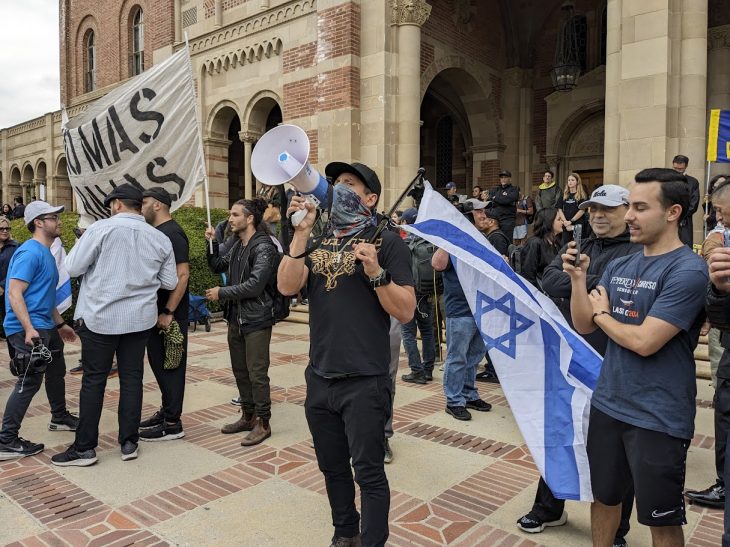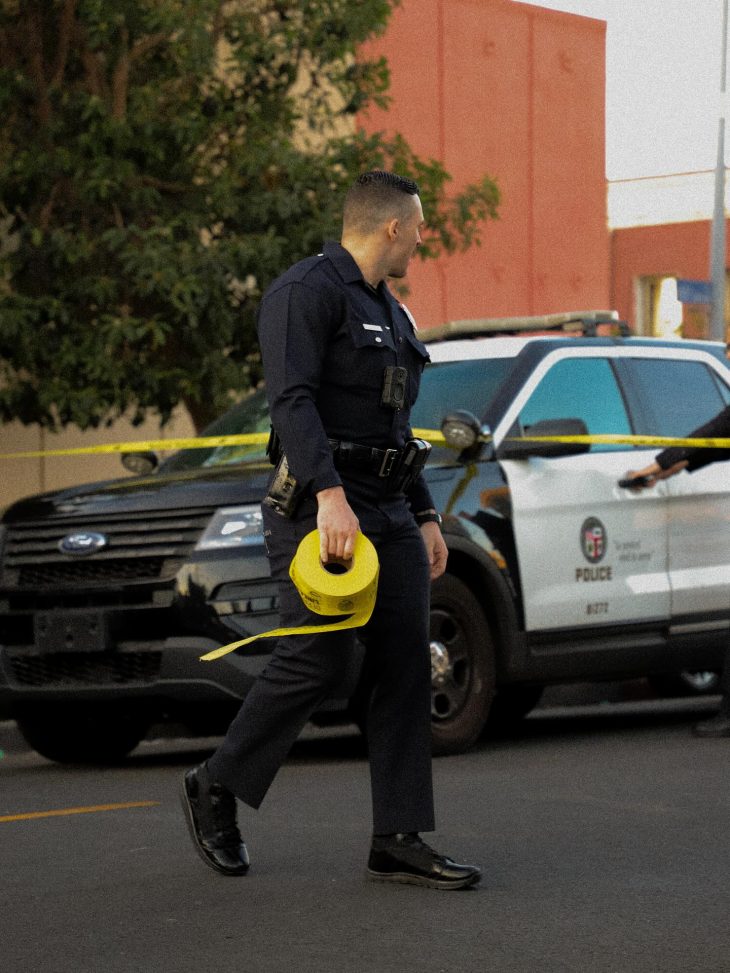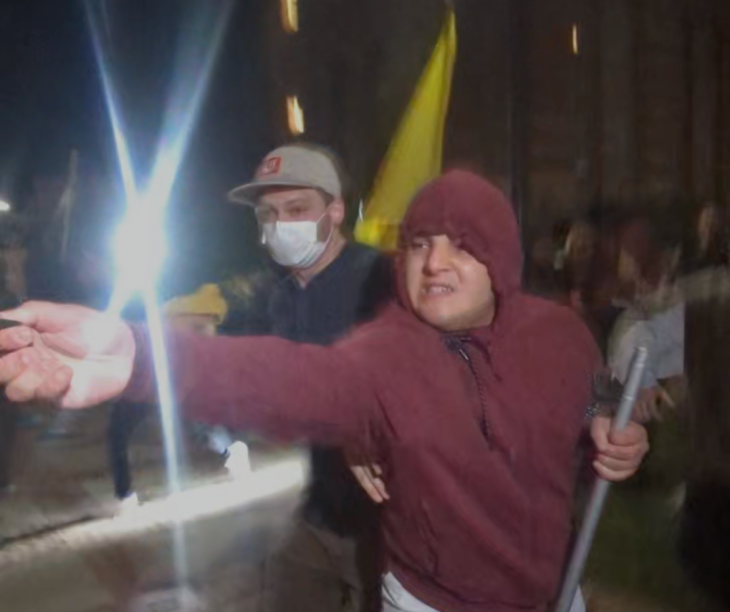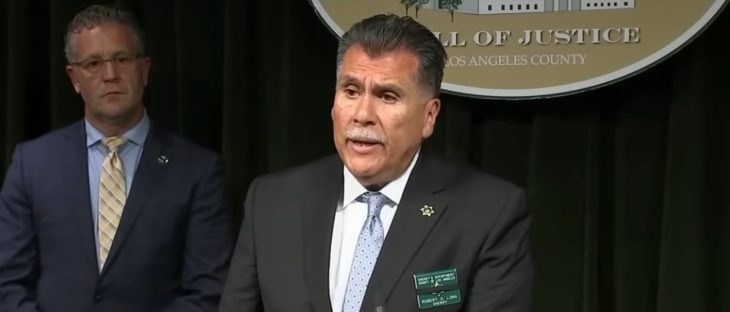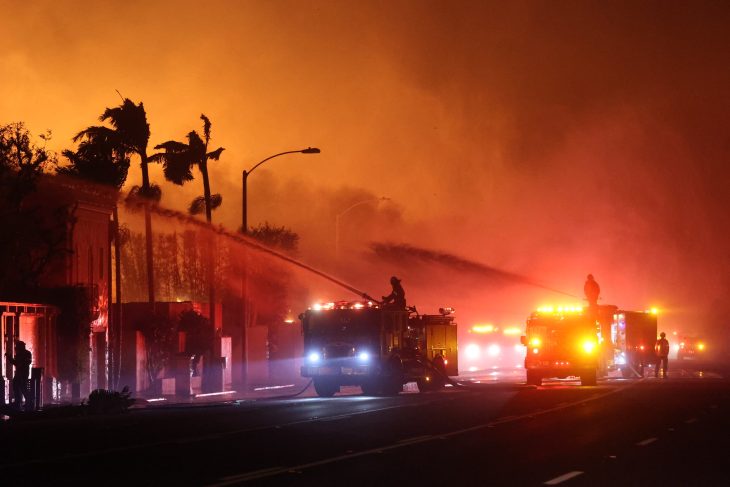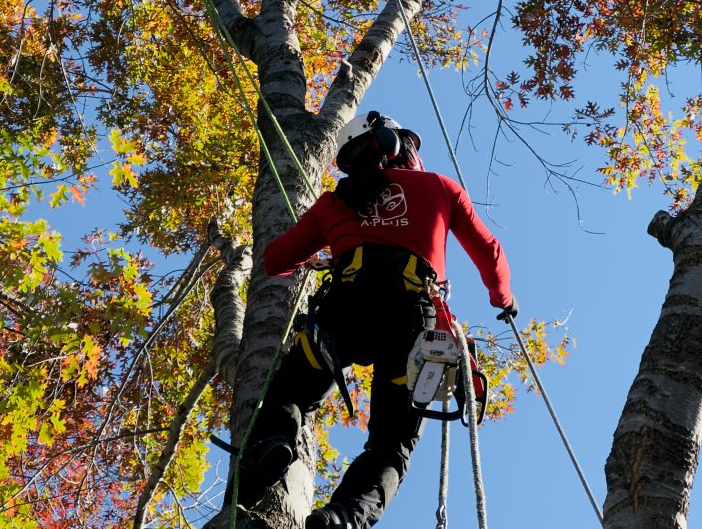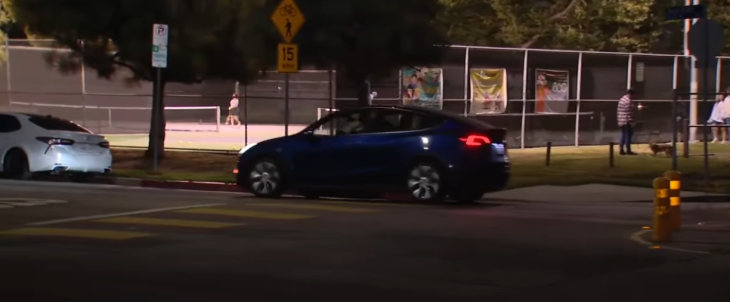John Thomas, a veteran law enforcement officer and amateur historian, honors Black officers’ legacies
UCLA’s newly appointed interim chief of police, John Thomas, brings a unique perspective to his role, combining his extensive law enforcement experience with a passion for history. With almost four decades in the field, Thomas has made significant contributions to correcting historical inaccuracies in the records of the Los Angeles Police Department (LAPD), particularly regarding the stories of two Black officers from the past.
In 1997, as a sergeant in the LAPD, Thomas was tasked by then-Chief Bernard Parks to find photos from the department’s archives to adorn the walls near Parks’ office, reflecting the diverse history of the department. Thomas, who is Black, was particularly drawn to the photos of Black officers who had laid the foundation for his own career. However, he noticed that there was limited documentation of their careers, prompting him to take action.
“I became fascinated by the photos of all the individuals I found reflecting that diversity,” said Thomas. “But for obvious reasons, I felt a stronger connection to those Black officers who laid the foundation for my career of service. Sadly, not much was documented about their careers, so I felt compelled to help tell their stories.”
Through his research, Thomas discovered the stories of Robert W. Stewart, who was born enslaved in Kentucky and appointed as LAPD’s first Black officer in 1889. Despite having a stellar record and being popular in the community, Stewart’s career was marred by false accusations of sexual assault in 1900. Although he was eventually found not guilty, Stewart never worked in law enforcement again.
In the mid-2010s, a decade after his retirement from the LAPD, Thomas learned of historian Mike Davison’s research on Stewart’s story and encouraged the department to reinstate Stewart in 2021. In 2022, a roll call room was named in his honor in the area where he had worked.
“I firmly believe that when we have a chance to correct history and bring about justice, we have an obligation to do that,” Thomas told the Los Angeles Times. “It’s never too late.”
Thomas also uncovered another historical oversight during his time with the LAPD. The department had long recognized Oscar Joel Bryant as its first Black officer to be killed in the line of duty, as he was shot to death in 1968. However, Thomas’s research revealed that the distinction actually belonged to Charles P. Williams, a Black officer who was fatally shot in 1923. Williams had been mistakenly categorized as white at the time due to confusion with another officer of the same name.
In 1998, the LAPD held a ceremony in Williams’ honor and placed a headstone at his previously unmarked grave. Additionally, the intersection of Sixth Street and Central Avenue, near where he was killed, was named Officer Charles P. Williams Square.
Thomas expressed his honor at being able to correct historical inaccuracies through his research, while also acknowledging the injustices faced by those who came before him.
“There were so many obstacles that prevented them from being vocal at the time they served,” he said. “I feel a small sense of satisfaction paying back some of the great debt that these women and men made that opened the door for me and others.”
Thomas’s research has also deeply impacted his approach to law enforcement, recognizing the need to serve constitutionally and with honor, while never forgetting the struggles endured by those who were denied similar opportunities solely due to the color of their skin.




